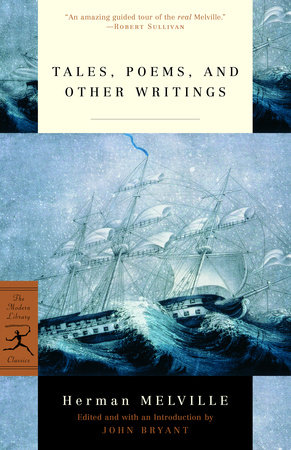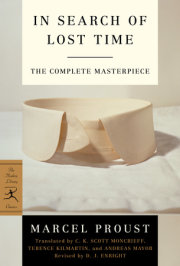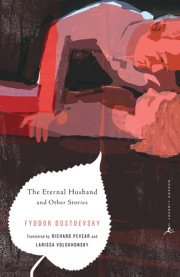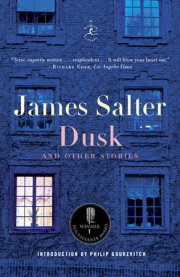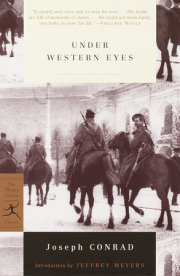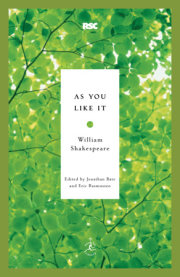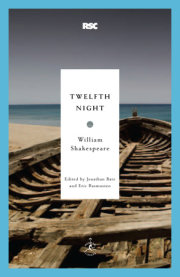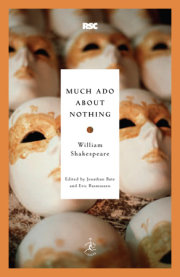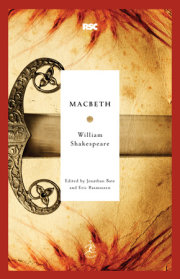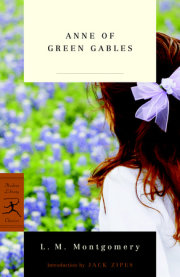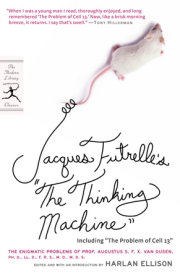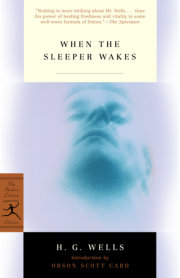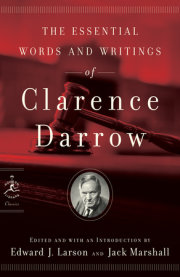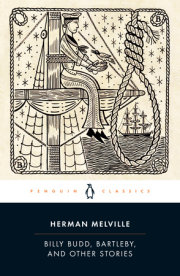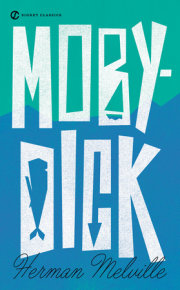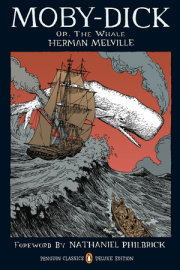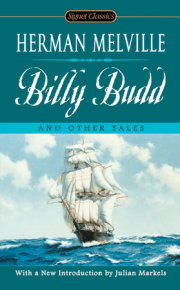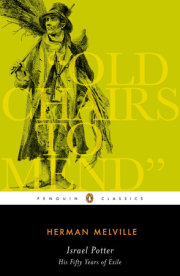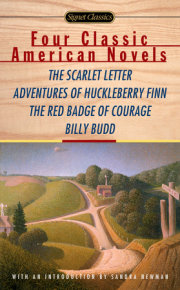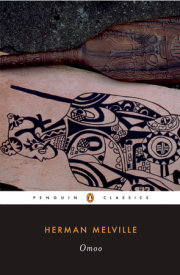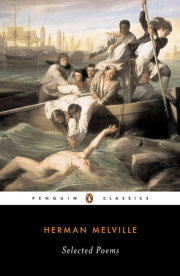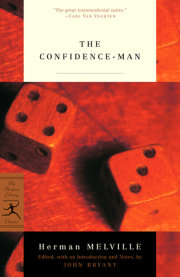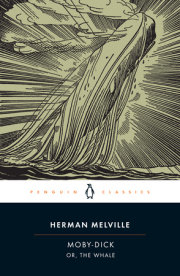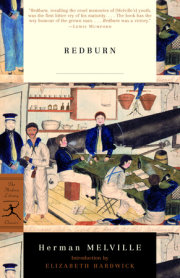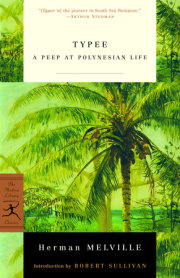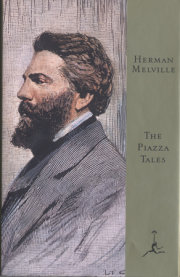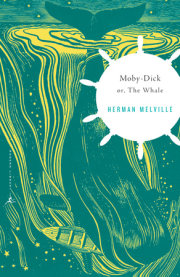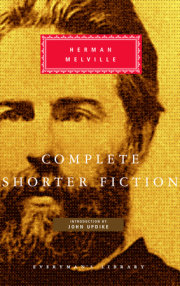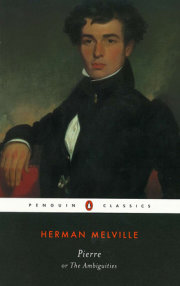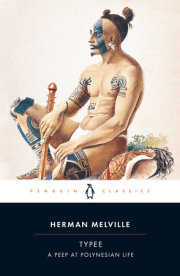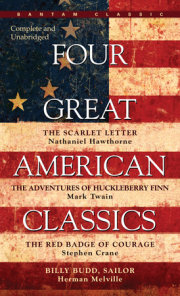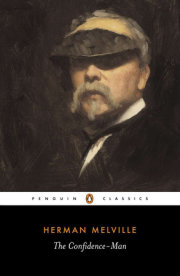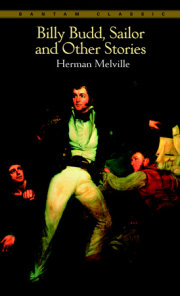Fragments from a Writing Desk, No. 2“Confusion seize the Greek!” exclaimed I, as wrathfully rising from my chair, I flung my ancient Lexicon across the room, and seizing my hat and cane, and throwing on my cloak, I sallied out into the clear air of heaven. The bracing coolness of an April evening calmed my aching temples, and I slowly wended my way to the river side. I had promenaded the bank for about half an hour, when flinging myself upon the grassy turf, I was soon lost in revery, and up to the lips in sentiment.
I had not lain more than five minutes, when a figure effectually concealed in the ample folds of a cloak, glided past me, and hastily dropping something at my feet, disappeared behind the angle of an adjoining house, ere I could recover from my astonishment at so singular an occurrence.—“Certes!” cried I, springing up, “here is a spice of the marvelous!” and stooping down, I picked up an elegant little, rose-coloured, lavender-scented billet-doux, and hurriedly breaking the seal (a heart, transfixed with an arrow) I read by the light of the moon, the following:
“Gentle Sir—
If my fancy has painted you in genuine colours, you will on the receipt of this, incontinently follow the bearer where she will lead you.
Inamorata.”
“The deuce I will!” exclaimed I,—“But soft!”—And I reperused this singular document, turned over the billet in my fingers, and examined the hand-writing; which was femininely delicate, and I could have sworn was a woman’s. Is it possible, thought I, that the days of romance are revived?—No, “The days of chivalry are over!” says Burke.
As I made this reflection, I looked up, and beheld the same figure which had handed me this questionable missive, beckoning me forward. I started towards her; but, as I approached, she receded from me, and fled swiftly along the margin of the river at a pace, which, encumbered as I was with my heavy cloak and boots, I was unable to follow; and which filled me with sundry misgivings, as to the nature of the being, who could travel with such amazing celerity. At last perfectly breathless, I fell into a walk; which, my mysterious fugitive perceiving, she likewise lessened her pace, so as to keep herself still in sight, although at too great a distance to permit me to address her.
Having recovered from my fatigue and regained my breath: I loosened the clasp of my cloak, and inwardly resolving that I would come at the bottom of the mystery, I desperately flung the mantle from my shoulders, and dashing my beaver to the ground, gave chase in good earnest to the tantalizing stranger. No sooner did I from my extravagant actions announce my intention to overtake her, than with a light laugh of derision, she sprang forward at a rate, which in attempting to outstrip, soon left me far in the rear, heartily disconcerted and crest-fallen, and inly cursing the ignus fatuus, that danced so provokingly before me.
At length, like every one else, learning wisdom from experience; I thought my policy lay in silently following the footsteps of my eccentric guide, and quietly waiting the denouement of this extraordinary adventure. So soon as I relaxed my speed, and gave evidence of having renounced my more summary mode of procedure; the stranger, regulating her movements by mine, proceeded at a pace which preserved between us a uniform distance, ever and anon, looking back like a wary general to see if I were again inclined to try the mettle of her limbs.
After pursuing our way in this monotonous style for some time; I observed that my conductress rather abated in her precautions, and had not for the last ten or fifteen minutes taken her periodical survey over her shoulder; whereat, plucking up my spirits, which I can assure you courteous reader, had fallen considerably below zero by the ill-success of my previous efforts,—I again rushed madly forward at the summit of my speed, and having advanced ten or twelve rods unperceived, was flattering myself that I should this time make good my purpose; when, turning suddenly round, as though reminded of her late omission, and descrying me plunging ahead like an infuriated steed, she gave a slightly audible scream of surprise, and once more fled, as though helped forward by invisible wings.
This last failure was too much. I stopped short, and stamping the ground in ungovernable rage, gave vent to my chagrin in a volley of exclamations: in which, perhaps, if narrowly inspected, might have been detected two or three expressions which savored somewhat of the jolly days of the jolly cavaliers. But if a man was ever excusable for swearing; surely, the circumstances of the case were palliative of the crime. What! to be thwarted by a woman? Peradventure, baffled by a girl? Confusion! It was too bad! To be outgeneraled, routed, defeated, by a mere rib of the earth? It was not to be borne! I thought I should never survive the inexpressible mortification of the moment; and in the heighth of my despair, I bethought me of putting a romantic end to my existence upon the very spot which had witnessed my discomfiture.
But when the first transports of my wrath had passed away, and perceiving that the waters of the river, instead of presenting an unruffled calm, as they are wont to do on so interesting an occasion, were discomposed and turbid; and remembering, that beside this, I had no other means of accomplishing my heroic purpose, except the vulgar and inelegant one, of braining myself against the stone wall which traversed the road; I sensibly determined after taking into consideration the aforementioned particulars, together with the fact that I had an unfinished game of chess to win, on which depended no inconsiderable wager, that to commit suicide under such circumstances would be highly inexpedient, and probably be attended with many inconveniencies.—During the time I had consumed in arriving at this most wise and discreet conclusion, my mind had time to recover its former tone, and had become comparatively calm and collected; and I saw my folly in endeavoring to trifle with one, apparently so mysterious and inexplicable.
I now resolved, that whatever might betide, I would patiently await the issue of the affair: and advancing forward in the direction of my guide, who all this time had maintained her ground, stedfastly watching my actions,—we both simultaneously strode forward, and were soon on the same footing as before.
We walked on at an increased pace, and were just passed the suburbs of the town, when my conductress plunging into a neighboring grove, pursued her way with augmented speed, till we arrived at a spot, whose singular and grotesque beauty, even amidst the agitating occurrences of the evening I could not refrain from observing. A circular space of about a dozen acres in extent had been cleared in the very heart of the grove: leaving, however, two parallel rows of lofty trees, which at the distance of about twenty paces, and intersected in the centre by two similar ranges, traversed the whole diameter of the circle. These noble plants shooting their enormous trunks to an amazing heighth, bore their verdant honors far aloft, throwing their gigantic limbs abroad and embracing each other with their rugged arms. This fanciful union of their sturdy boughs formed a magnificent arch, whose grand proportions, swelling upward in proud preeminence, presented to the eye a vaulted roof, which to my perturbed imagination at the time, seemed to have canopied the triumphal feasts of the sylvan god.—This singular prospect burst upon me in all its beauty, as we emerged from the surrounding thicket, and I had unconsciously lingered on the borders of the wood, the better to enjoy so unrivalled a view; when as my eye was following the dusky outline of the grove, I caught the diminutive figure of my guide, who standing at the entrance of the arched-way I have been endeavoring to describe, was making the most extravagant gestures of impatience at my delay.—Reminded at once of the situation, which put me for a time under the control of this capricious mortal, I replied to her summons by immediately throwing myself forward, and we soon entered the Atlantean arbor, in whose umbrageous shades we were completely hid.
Lost in conjecture, during the whole of this eccentric ramble, as to its probable termination—the sombre gloom of these ancestral trees, gave a darkning hue to my imaginings, and I began to repent the inconsiderate haste which had hurried me on, in an expedition, so peculiar and suspicious. In spite of all my efforts to exclude them, the fictions of the nursery poured in upon my recollection, and I felt with Bob Acres in the “Rivals,” that “my valor was certainly going.” Once, I am almost ashamed to own it to thee, gentle reader, my mind was so haunted with ghostly images, that in an agony of apprehension, I was about to turn and flee, and had actually made some preliminary movements to that effect, when my hand, accidentally straying into my bosom, griped the billet, whose romantic summons had caused this nocturnal adventure. I felt my soul regain her fortitude, and smiling at the absurd conceits which infested my brain, I once more stalked proudly forward, under the overhanging branches of these ancient trees.
Emergent from the shades of this romantic region, we soon beheld an edifice, which seated on a gentle eminence, and embowered amidst surrounding trees, bore the appearance of a country villa; although its plain exterior showed none of those fantastic devices which usually adorn the elegant chateaux. My conductress as we neared this unpretending mansion seemed to redouble her precautions; and although she evinced no positive alarm, yet her quick and startled glances bespoke no small degree of apprehension. Motioning me to conceal myself behind an adjacent tree, she approached the house with rapid but cautious steps; my eyes followed her until she disappeared behind the shadow of the garden wall, and I remained waiting her reappearance with the utmost anxiety.—An interval of several moments had elapsed, when I descried her, swinging open a small postern, and beckoning me to advance. I obeyed the summons, and was soon by her side, not a little amazed at the complacency, which after what had transpired, brooked my immediate vicinity. Dissembling my astonishment, however, and rallying all my powers, I followed with noiseless strides the footsteps of my guide, fully persuaded that this mysterious affair was now about to be brought to an eclaircissement.
The appearance of this spacious habitation was any thing but inviting; it seemed to have been built with a jealous eye to concealment; and its few, but well-defended windows were sufficiently high from the ground, as effectually to baffle the prying curiosity of the inquisitive stranger. Not a single light shone from the narrow casement; but all was harsh, gloomy and forbidding. As my imagination, ever alert on such an occasion, was busily occupied in assigning some fearful motive for such unusual precautions; my leader suddenly halted beneath a lofty window, and making a low call, I perceived slowly descending therefrom, a thick silken chord, attached to an ample basket, which was silently deposited at our feet. Amazed at this apparition, I was about soliciting an explanation: when laying her fingers impressively upon her lips, and placing herself in the basket, my guide motioned me to seat myself beside her. I obeyed; but not without considerable trepidation: and in obedience to the same low call which had procured its descent our curious vehicle, with sundry creakings, rose in air.
To attempt an analysis of my feelings at this moment were impos- sible. The solemnity of the hour—the romantic nature of my present situation—the singularity of my whole adventure—the profound stillness which prevailed—the solitude of the place, were enough of themselves to strike a panic into the stoutest heart, and to unsettle the strongest nerves. But when to these, was added the thought,—that at the dead of night, and in the company of a being so perfectly inexplicable, I was effecting a clandestine entrance into so remarkable an abode: the kind and sympathising reader will not wonder, when I wished myself safely bestowed in my own snug quarters in ——— street.
Such were the reflections which passed through my mind, during our aerial voyage, throughout which my guide maintained the most rigid silence, only broken at intervals by the occasional creakings of our machine, as it rubbed against the side of the house in its ascent. No sooner had we gained the window, than two brawny arms were extended circling me in their embrace, and ere I was aware of the change of locality, I found myself standing upright in an apartment, dimly illuminated by a solitary taper. My fellow voyager was quickly beside me, and again enjoining silence with her finger, she seized the lamp and bidding me follow, conducted me through a long corridor, till we reached a low door concealed behind some old tapestry, which opening to the touch, disclosed a spectacle as beautiful and enchanting as any described in the Arabian Nights.
The apartment we now entered, was filled up in a style of Eastern splendor, and its atmosphere was redolent of the most delicious perfumes. The walls were hung round with the most elegant draperies, waving in graceful folds, on which were delineated scenes of Arcadian beauty. The floor was covered with a carpet of the finest texture, in which were wrought with exquisite skill, the most striking events in ancient mythology. Attached to the wall by chords composed of alternate threads of crimson silk and gold, were several magnificent pictures illustrative of the loves of Jupiter and Semele,—Psyche before the tribunal of Venus, and a variety of other scenes, limned all with felicitous grace. Disposed around the room, were luxurious couches, covered with the finest damask, on which were likewise executed after the Italian fashion the early fables of Greece and Rome. Tripods, designed to represent the Graces bearing aloft vases, richly chiseled in the classic taste, were distributed in the angles of the room, and exhaled an intoxicating fragrance.
Copyright © 2001 by Herman Melville. All rights reserved. No part of this excerpt may be reproduced or reprinted without permission in writing from the publisher.

